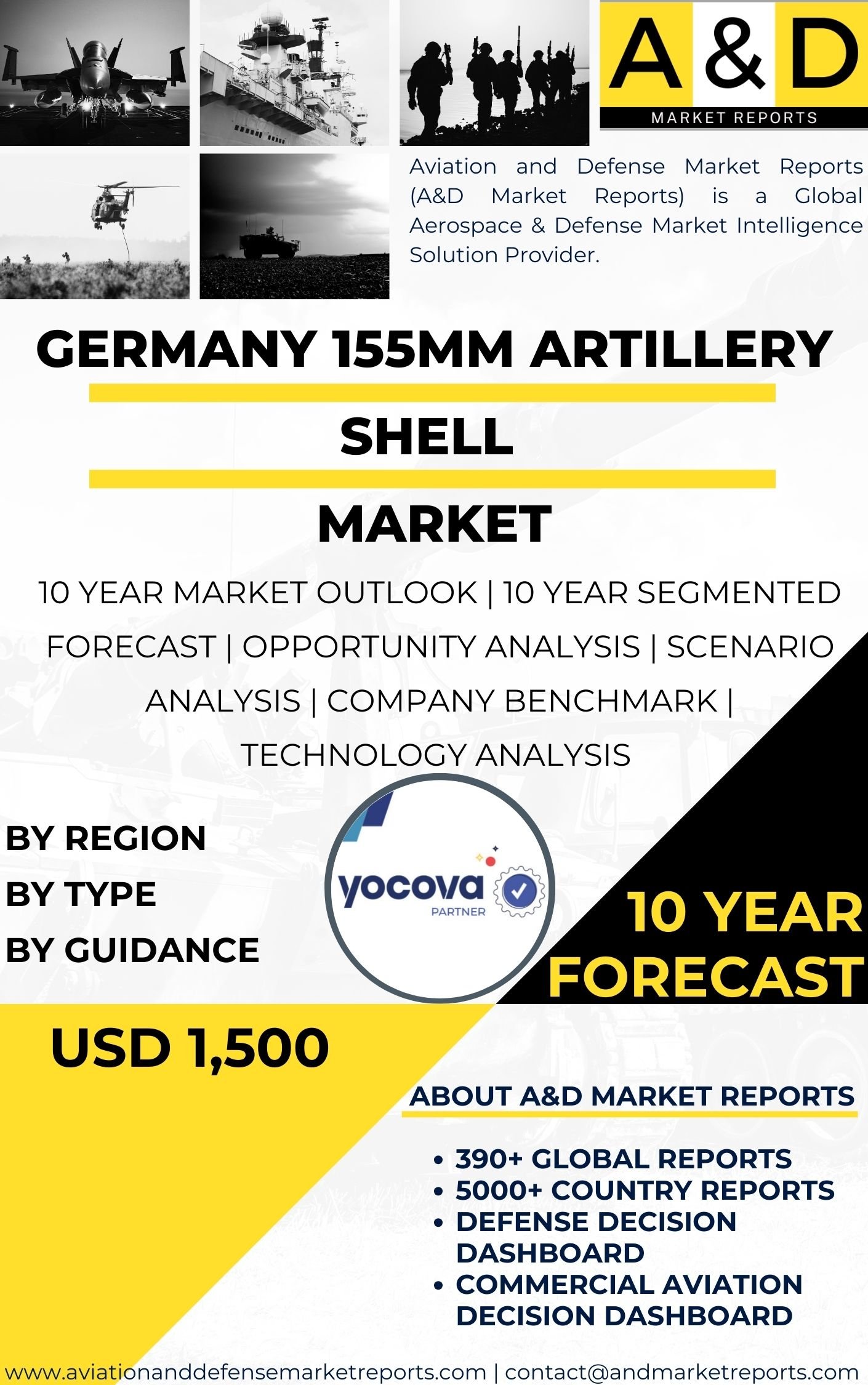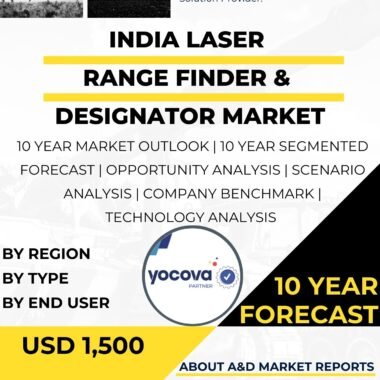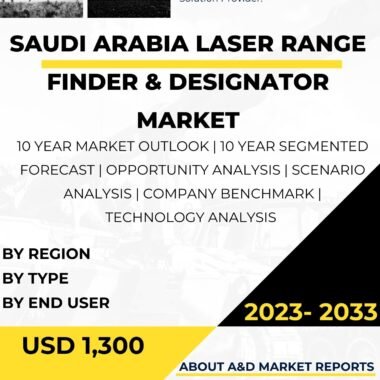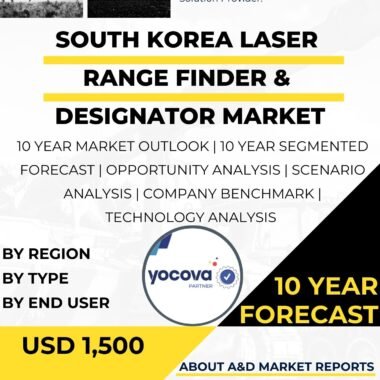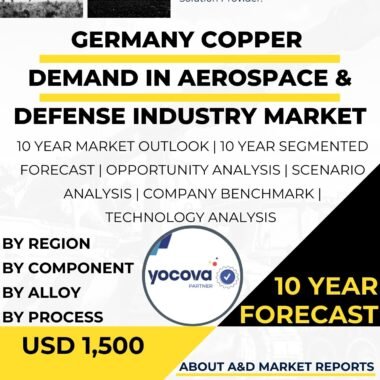Description
The market for 155mm artillery shells in Germany is distinguished by robust industrial capacity and active participation from leading domestic manufacturers such as Rheinmetall and Diehl Defence, both of which are pivotal in meeting not only national but also allied and export requirements. Recent years have seen an unprecedented surge in demand for these munitions, primarily driven by amplified geopolitical tensions and ongoing conflicts, particularly in Eastern Europe. This has propelled German procurement agencies to pursue substantial long-term contracts to replenish depleted stockpiles and ensure strategic readiness for NATO missions as well as support for friendly nations, with a proportion of these supplies destined for Ukraine and other partners.
Amid this rising demand, Germany’s approach has shifted from procurement austerity to proactive investment in ammunition. Such financial commitment is aimed at strengthening national and European security, ensuring operational capability for prolonged missions and adapting to volatile international scenarios. A vital strategy underpinning this move is the establishment of framework agreements with industry consortia like ARGE DiNa 155, enabling the buildup of national production lines which guarantee rapid scalability and secure access to critical resources, such as explosives manufactured domestically. This local capacity is fortified through partnerships with companies like Chemring Nobel AS and Dynamit Nobel Defence, thus mitigating risks associated with supply chain bottlenecks and raw material shortages
Manufacturers scale up production by integrating advanced manufacturing technologies like automated guided vehicles, digital data capture, and flow-forming processes. This allows rapid adaptation to changing requirements, including specialized variants such as Extended Range Full Bore (ERFB) projectiles and rocket-assisted or precision-guided shells. These technological advancements reflect Germany’s focus on modernizing its artillery fleet, favoring munitions capable of greater range, accuracy, and reduced collateral damage?a priority for NATO interoperability and minimizing civilian impact. Rheinmetall, for instance, has committed to dramatically expanding output, targeting production figures as high as 1.1 million shells annually by the end of the decade. Its recently inaugurated new munitions factory directly serves the ramped-up requirements for 155mm rounds, with production lines designed for both domestic and export orders, especially in support of NATO and EU security initiatives.
Restocking decisions increasingly favor speed of delivery over traditional procurement criteria such as origin, highlighting the urgency of replenishing munitions amidst accelerating consumption rates that often outstrip supply. Germany?s federal procurement agency has vertically integrated supply chains and rationalized contract awards to prioritize rapid fulfillment and maintain operational effectiveness. This strategy reflects broader trends across Europe, where states are collaborating in joint artillery programs and investing in interoperability standards for 155mm systems, supporting multinational forces and coalition operations.
The market environment is influenced by international dynamics, with most of the world?s demand emanating from both NATO and non-NATO countries seeking to boost their strategic reserves. Germany?s suppliers also export significant quantities to other regions facing elevated security threats, including the Middle East and Asia-Pacific, while remaining responsive to European defense modernization efforts and support for high-intensity operations in Ukraine. Despite increased output and investment, persistent challenges endure?namely raw material shortages, skilled labor gaps, and transparency issues regarding ammunition types and acquisition schedules.
Taken together, the 155mm artillery shell market in Germany stands out for rapid scaling, ongoing innovation, and steadfast government commitment to both immediate and long-range defense needs. Industry players collaborate closely with public entities to ensure reliable supply, advanced technology integration, and sustainable growth trajectories, bolstering Germany?s role as a key ammunition supplier for both national security and allied operations on the evolving modern battlefield.
